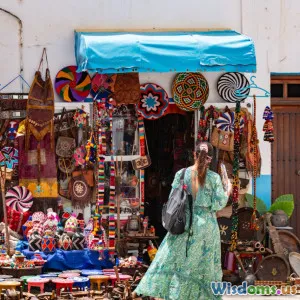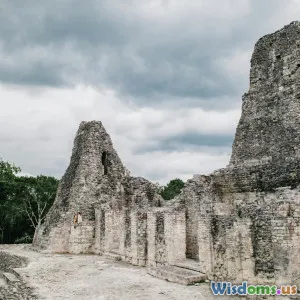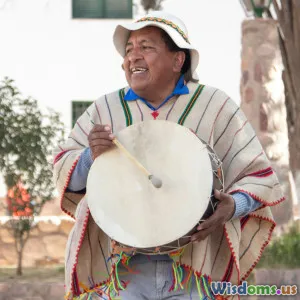
The Hidden Costs of Global Trade Agreements on Indigenous Societies
15 min read Explore the overlooked economic, social, and cultural impacts of global trade agreements on Indigenous societies worldwide. (0 Reviews)
The Hidden Costs of Global Trade Agreements on Indigenous Societies
Global trade agreements are often celebrated as engines of economic growth and cooperation. They break down barriers and connect markets, promising greater prosperity for all parties involved. However, beneath these surface benefits lie deeper, less visible consequences that disproportionately impact Indigenous societies around the world. Understanding these hidden costs is crucial for policymakers, advocates, and citizens who aspire to create a more just and equitable global economy.
The Unseen Impact of Economic Priorities
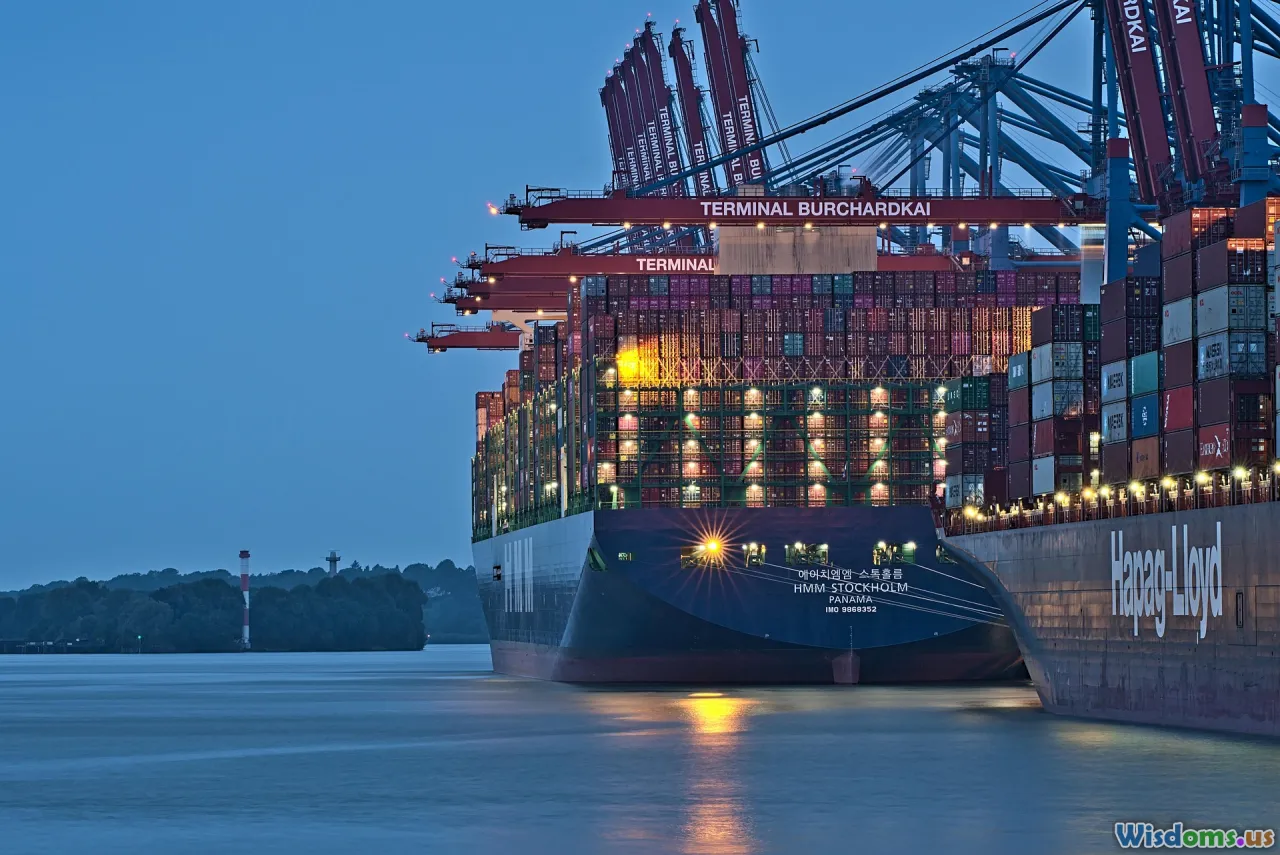
Trade agreements, such as NAFTA, the Trans-Pacific Partnership (TPP), and the European Union's trade frameworks, are negotiated with macroeconomic objectives in mind. They often prioritize broad metrics like GDP growth, export expansion, and foreign investment. Yet, these agreements seldom account for the economic systems, cultural heritage, or traditional livelihoods of Indigenous peoples.
Example: In Mexico, NAFTA's liberalization resulted in a flood of subsidized US corn imports. While this benefited urban consumers, it devastated the livelihoods of Indigenous maize farmers, who had grown corn sustainably for generations. The sudden market change outcompeted local agriculture, triggering poverty, social dislocation, and cultural loss in Indigenous communities.
When forests are commodified for timber or mining to meet international demand—for example, in Brazil and Indonesia—Indigenous stewardship of these environments is threatened. Their lands become battlegrounds for resource extraction, with trade agreements facilitating investors’ rights at the expense of traditional land rights.
Key Insight: Economic models linked to trade often fail to capture the value of traditional knowledge and sustainability, instead viewing Indigenous territories primarily as sources of commodities or investment.
Legal Complexities and the Erosion of Land Rights
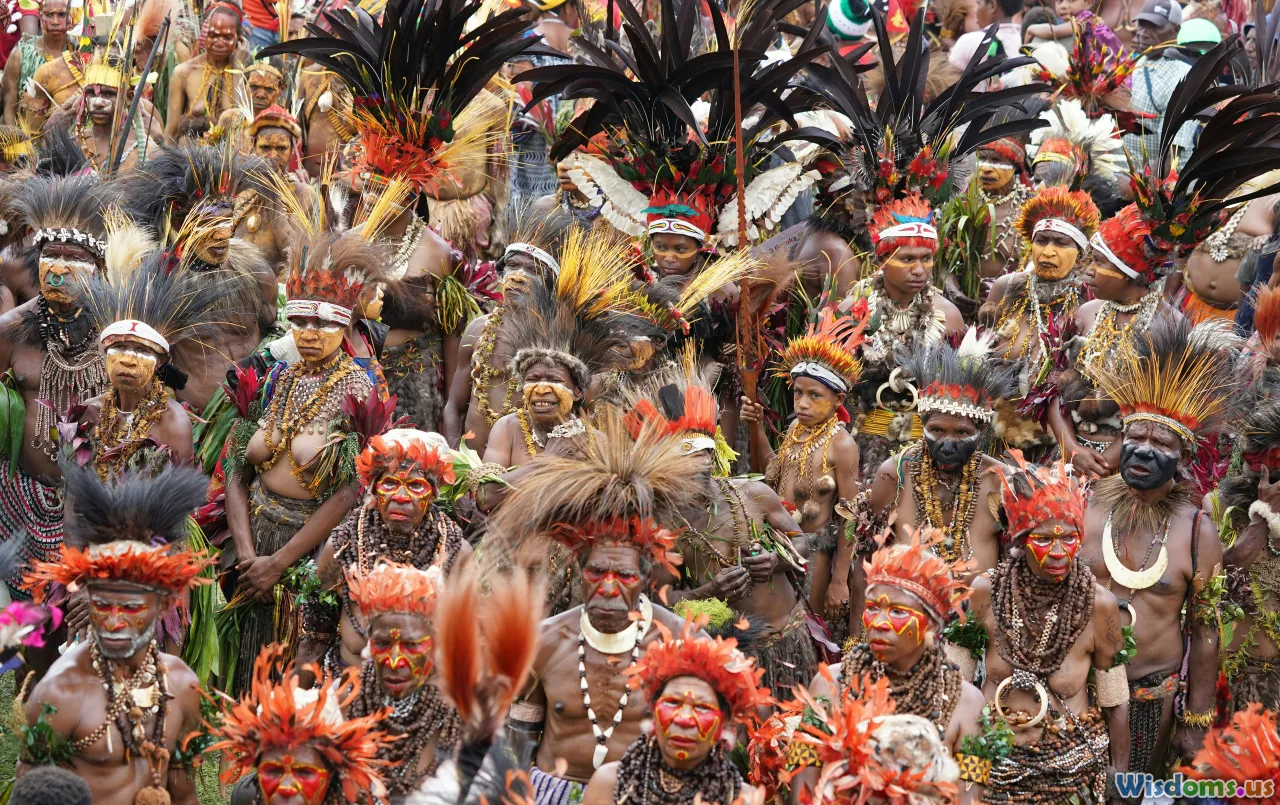
A painful and pervasive cost of global trade agreements is the undermining of Indigenous land rights. Many Indigenous territories have only customary, rather than formally recognized, legal status. This places them at a disadvantage in the face of investor-state dispute settlement (ISDS) mechanisms embedded within many trade frameworks.
How Trade Agreements Override Indigenous Protections
Trade deals often include clauses that allow multinational companies to sue national governments if laws or policies impede their profits. Governments, under threat of litigation or simply to attract foreign investment, may loosen environmental regulations or override Indigenous land claims. The result is a legal environment where Indigenous communities struggle to defend their ancestral territories.
Case Study: In Canada, downstream effects of the Canada-European Union Comprehensive Economic and Trade Agreement (CETA) have included investor interests questioning environmental policies that were put in place partly in response to Indigenous activism. Challenges to resource protection, particularly on unceded or disputed lands, have led to tension and costly legal battles.
Strategies for Indigenous Legal Defense
- Securing Recognition: Advocacy for the legal recognition of Indigenous land tenure in national frameworks is a critical buffer against exploitation enabled by trade agreements.
- Coalitions and Advocacy: Alliances with international bodies, such as the UN Special Rapporteur on the Rights of Indigenous Peoples, have proven effective in bringing visibility and legal clout.
Social Displacement and Cultural Erosion

Beyond economics and law, global trade agreements often fragment the cultural fabric of Indigenous nations. Resource extraction, agricultural mega-projects, or infrastructure initiatives fostered by trade deals may necessitate large-scale displacement, disrupting not only livelihood but also spiritual and community connections to the land.
Example: The construction of large hydropower dams in the Amazon basin, spurred by increased electricity demands for industrial exports, has resulted in the forced relocation of thousands of Indigenous families. Sacred sites are submerged, and community structures unravel as ties to traditional lands are cut.
Cultural impacts are not limited to displacement. The shift from subsistence to cash economies—often a direct result of trade liberalization—alters diets, social roles, and intergenerational knowledge transfer. Traditional medicines, crafts, and languages may be undervalued, replaced by imported goods and norms from dominant cultures.
Insight: Once lost, traditional ecological knowledge cannot easily be recovered, representing a catastrophic spiritual and practical loss, both for Indigenous peoples and global biodiversity.
Environmental Degradation and Traditional Stewardship

Indigenous communities are often frontline defenders against environmental degradation, maintaining biodiversity through age-old stewardship practices. Trade agreements that prioritize raw materials and energy frequently enable large-scale extraction, threatening delicate ecosystems and the rights of those who depend on them.
Fact: According to the World Resources Institute, areas owned, managed, or occupied by Indigenous peoples comprise a quarter of the world's land surface and store up to 80% of global biodiversity. Yet, free-trade policies largely ignore customary management, favoring industrial models that may pollute, fragment, or destroy these habitats.
Mounting Threats from Global Demand
- Forest Clearing for Soy and Cattle: In Brazil, surges in demand for soy and beef, driven by trade deals with China and the EU, have dramatically accelerated Amazon deforestation. Indigenous lands are particularly vulnerable due to unclear legal demarcation and weak enforcement.
- Mining and Oil: In Papua New Guinea, the Ok Tedi and Porgera mines—created to meet global mineral demand—have caused lasting river contamination and health crises among local populations.
Actionable Advice: Support campaigns for the formal mapping and legal protection of Indigenous territories; back certification schemes (like FSC for forestry) that require the free, prior, and informed consent of impacted communities.
Navigating Power Imbalances in Policy and Negotiations

Trade discussions are typically dominated by state actors, corporate interests, and technocrats, with Indigenous stakeholders marginalized or unrepresented. This reinforces skewed power dynamics that can exacerbate inequality.
Key Issues in Representation
- Lack of Consultation: Governments may consult with industry far more thoroughly than with Indigenous groups during negotiation phases. Processes for free, prior, and informed consent are often weak or non-binding.
- Limited Capacity: Indigenous organizations may lack financial and technical resources to understand or respond to complex trade drafts and legal documents.
Comparison: While the US-Mexico-Canada Agreement (USMCA) at least publicly acknowledged Indigenous trade distinctiveness, practical input from Indigenous communities was minimal, and resultant protections or exceptions remain weak in implementation.
Improving Indigenous Voice in Trade Policy
- Capacity Building: Investing in legal and economic literacy for Indigenous negotiators ensures their concerns are articulated effectively.
- Institutional Reform: Securing reserved seats or observer status at key negotiating tables ensures Indigenous representation early and often.
- International Norms: Utilizing global frameworks, like the United Nations Declaration on the Rights of Indigenous Peoples (UNDRIP), can leverage international standing in advocating for meaningful consultation.
Health Consequences and Community Well-being

Trade agreements also influence determinants of health in Indigenous communities. The conversion of forests and rivers for cash crops or resource extraction exposes communities to pollution, loss of potable water, and degraded nutrition as traditional food sources decline.
Case Example: In Ecuador, the trade-driven expansion of palm oil plantations has polluted rivers used by the Cofán people. This has led to increased rates of infectious disease, malnutrition, and mental distress—a cumulative health burden exacerbated by social and cultural disruption.
Trade rules can also undermine communities’ access to medicines. Intellectual property provisions that enforce strict patenting of pharmaceuticals raise prices, directly impacting Indigenous health care in remote regions.
Actionable Tips for Mitigating Health Impacts
- Integrate Health Impact Assessments (HIAs): Require that trade treaties undergo rigorous health risk evaluations, especially regarding Indigenous populations.
- Protect Traditional Medicines: Defend the intellectual property rights of Indigenous communities regarding their own medicinal plants and remedies.
Protecting Languages and Knowledge Systems

Trade-driven shifts have a direct but seldom acknowledged bearing on the preservation of Indigenous languages and knowledge systems. Globalization and the dominance of major world languages in commerce, education, and media can rapidly marginalize Indigenous tongues, accelerating language loss.
Fact: UNESCO notes that of the close to 7,000 languages spoken worldwide, nearly half are at risk of extinction within this century—with trade liberalization increasing media and migration pressures on minority languages.
Insight: Traditional ecological knowledge—transmitted orally—is integral to sustainable stewardship of land and resources. When languages vanish, so do unique ways of interpreting seasons, plants, animals, and navigation, representing a loss not just to communities but to global understanding of nature itself.
How to Safeguard Cultural Heritage Amidst Trade
- Strengthen Local Education: Invest in bilingual or multilingual education that honors Indigenous languages alongside national and international tongues.
- Support Noncommercial Knowledge Sharing: Back the documentation and transmission of oral histories, rituals, and technical knowledge outside of marketized frameworks.
What an Equitable Trade Future Could Look Like

Recognizing the historical and ongoing injustices faced by Indigenous societies in the context of global trade is only the first step. Moving toward equitable trade systems will require:
- Embedding meaningful protections for Indigenous rights at every stage of agreement formulation, enforcement, and assessment.
- Shifting value systems to honor traditional knowledge and land stewardship as economic assets, not impediments to growth.
- Fostering direct participation and leadership by Indigenous communities—transforming them from subjects impacted by trade to sovereign agents shaping it.
Promising Developments:
Some recent agreements, such as New Zealand's approach to indigenous (Māori) interests in trade, offer templates: including chapters recognizing indigenous trade, requiring exclusive consultation protocols, and elevating cultural goods protections.
Frameworks like the Indigenous Peoples Economic and Trade Cooperation Arrangement (IPETCA), championed by Canada, New Zealand, Australia, and Taiwan, aim to empower Indigenous entrepreneurs as partners in trade, supporting knowledge exchange and inclusive practices.
When taking stock of global trade, it's essential to look beyond aggregate economic indicators. True progress demands confronting and remedying the hidden costs to Indigenous societies—the stewards of so much of the earth’s diversity, resilience, and wisdom. By learning from past mistakes, centering Indigenous voices, and ensuring robust, participatory safeguards, we can create trade systems that enrich rather than erode humanity’s cultural and environmental heritage.
Rate the Post
User Reviews
Popular Posts












